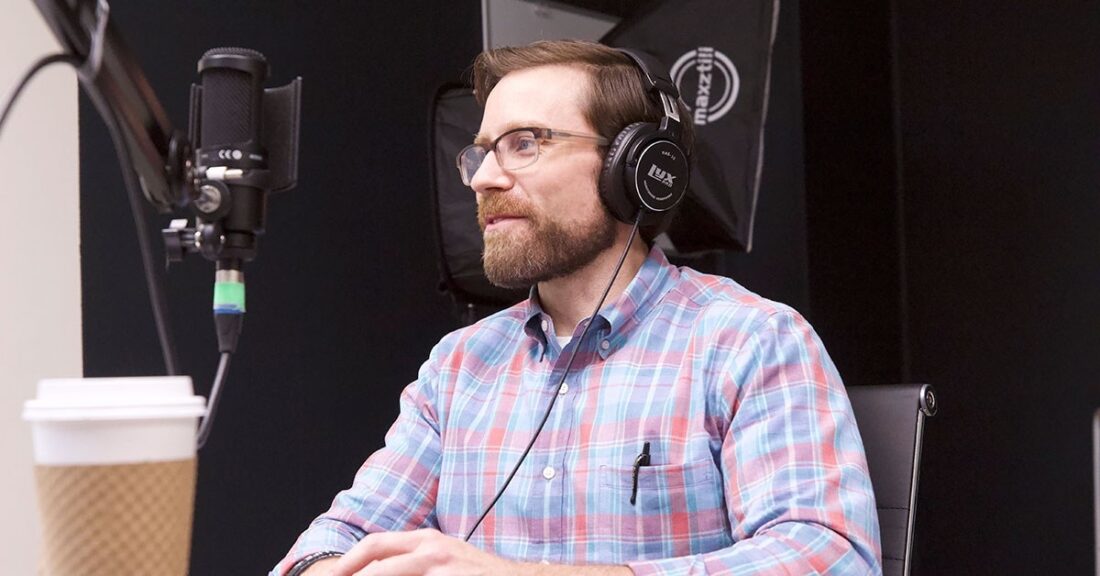Families Are Seen and Heard in New Child Welfare Podcast

Matt Anderson, host of Seen and Heard
Spoken-word poet Slam Anderson riffs about her foster care experience and her bond with her mother in Seen and Heard, a new podcast series from the Institute for Family, a grantee of the Annie E. Casey Foundation.
“I’ve gotta be more than a statistic,” Anderson declares in her poem, “My Need for Change.”
Anderson recites the poem as part of Seen and Heard’s debut episode, “What If We Didn’t Have to Wait Until Bad Enough.”
Anderson’s family lived apart for more than 12 years, but her mother went to lengths to maintain their ties even when discouraged by the child welfare system’s rules. They describe love’s triumph over bureaucracy and family tragedy. Daughter Anderson and mother Lillie Lee-Williams pose poignant questions: What if the child welfare system had helped them navigate the causes of family stress, together — rather than separate them? How would their lives be different if the family had been provided the resources to handle financial strains, deal with housing, security and safety needs and get counseling?
Slam Anderson’s poem could serve as “an anthem” of the family well-being movement, says podcast host Matt Anderson (not related), director of the Institute for Family and vice president for programs and business development at the Children’s Home Society of North Carolina. He hopes the podcast’s stories will challenge assumptions about people served by child welfare systems.
He curated stories that showcase families in their wholeness and what happens when others start to see them that way. Guests include parents involved in child removal cases, youth who have aged out of foster care and child welfare leaders who inform systems change. Seven episodes make up Seen and Heard’s first season, released October through November 2021. A new season will begin in early 2022.
“I’ve spent the past year and a half talking with parents from all over the country who have experienced the child welfare system,” Matt Anderson says. “I heard over and over that we have to start seeing parents for who they truly are and not their current circumstances. This shift in perspective has changed me and how I approach my work. My hope is that this podcast will do the same thing for our audience.”






